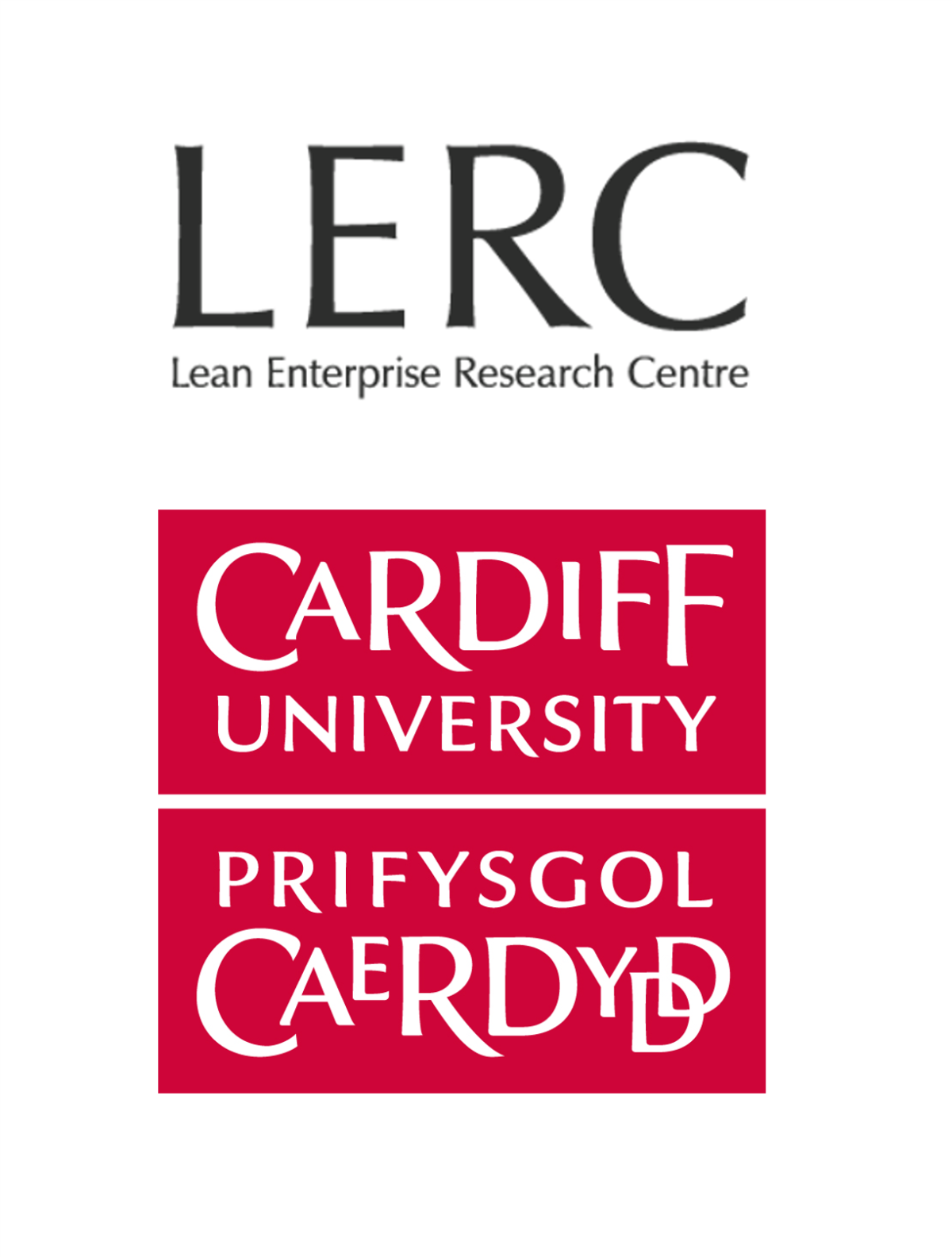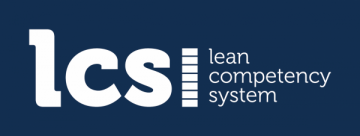Development & Adoption

The LCS was launched in 2005 by the Lean Enterprise Research Centre (LERC) at Cardiff University as part of its industry impact and engagement agenda as a vehicle to help organisations adopt lean thinking more effectively.
Organisations that had started to embrace lean in the late 1990’s recognised there was no credible workplace based qualifications system available, which was inhibiting the development of lean training for staff. LERC responded to this need and was in a unique position to develop and promote a new system that would bridge the gap.
Following research and analysis, a paper titled Structured Lean Learning (by Nicola Bateman, Ann Esain and Peter Hines) was presented at the EUROMA conference in 2003 and this contained the blueprint from which the LCS would emerge.
The system was developed and then piloted over the following year, until it was made available for general market release and promotion in 2005. It has since been adopted by private and public sectors in the UK and internationally, where it plays an important role in supporting lean implementation and in creating a continuous improvement culture – through, for example, fostering engagement, building up workforce continuous improvement expertise and providing recognition and reward for employees. See the list of accredited organisations.
LCS Ltd

In January 2014 an independent company was launched, Lean Competency Services Ltd, which holds the Cardiff University licence to operate and develop the LCS. This is managed and controlled by Simon Elias, former LERC director and chief architect of the LCS.
LCS Ltd offers the following services:
- Lean training programme/system accreditation – for organisations
- Personal Certification via Approved Prior Learning & Experience – for individuals, LCS Levels 2 & 3
- The promotion of activities among lean practitioners that foster professional development, collaboration and peer-to-peer learning.
- LCS Approved - endorsement for products, services, technologies and systems that can provide assurance that they align to lean principles and are supportive of the development of a lean enterprise.
- Research services; the LCS promotes research that contributes to the understanding and application of lean thinking and especially on the impact of lean training and certification. Research activity is organised through the Lean Enterprise Research Centre, which is controlled by the LCS




